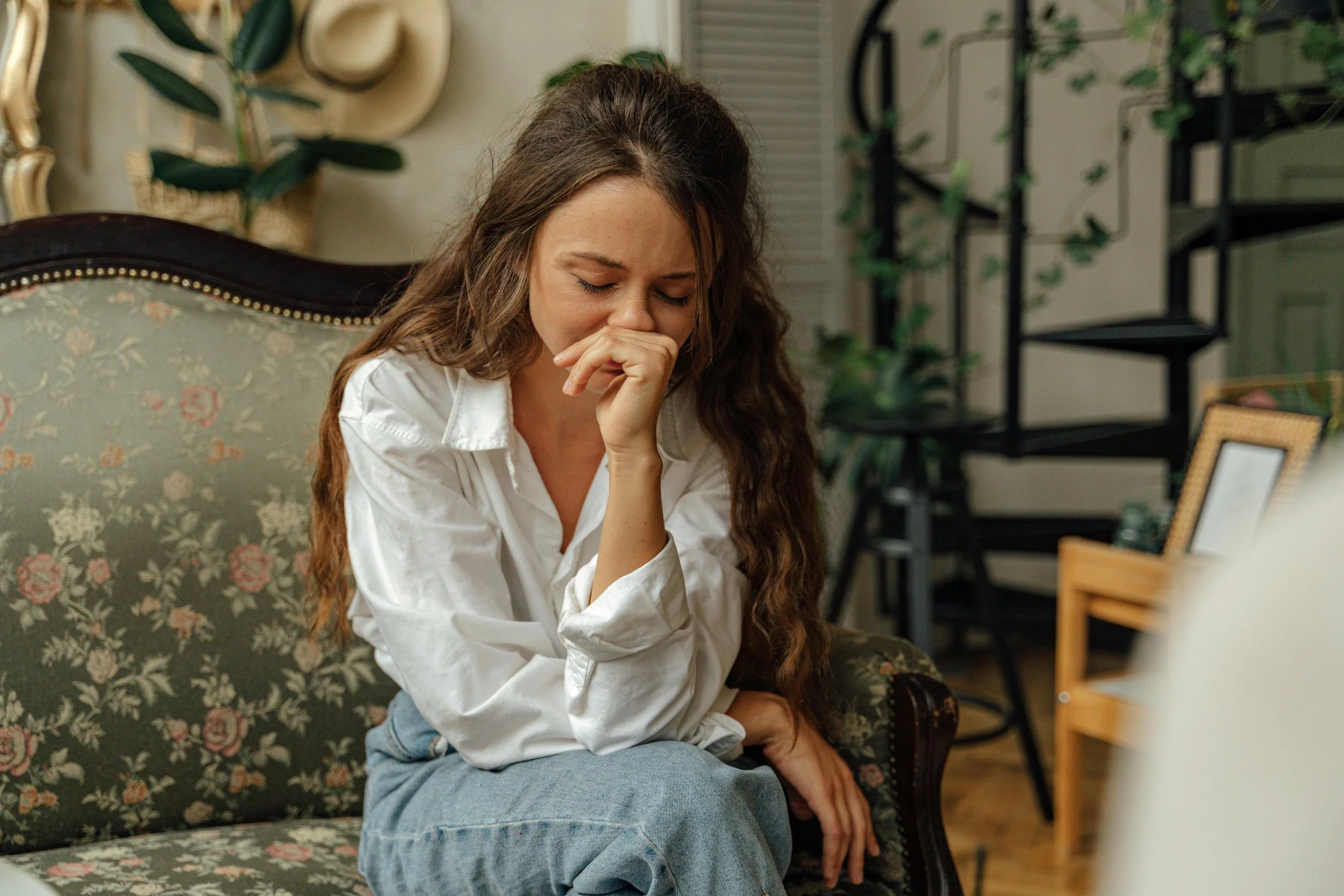
Managing anxiety is a part of maintaining overall well-being. Anxiety, while a natural response to stress, can become overwhelming when it interferes with daily life. Developing effective strategies can help individuals regain a sense of control and reduce the impact of anxiety on their routines. Here are some practical techniques to help you manage anxiety in a structured and consistent manner.
Practice Daily Mindfulness Habits
Mindfulness is the practice of staying present and fully engaged in the moment, helping to reduce anxiety by interrupting negative thought patterns. By focusing on the present, mindfulness allows you to respond thoughtfully rather than react impulsively to stressors. To incorporate mindfulness into your daily routine, begin with small activities such as deep breathing, body scans, or mindful eating. Journaling is another effective method for observing your thoughts without judgment and improving self-awareness. Over time, as mindfulness becomes a habit, you may experience fewer anxious thoughts and a greater sense of calm.
Build a Consistent Sleep Routine
Quality sleep plays a role in managing anxiety. When sleep is disrupted, it can exacerbate feelings of worry and stress. , such as reading, stretching, or taking a warm bath, actionable tips to help you build a healthy, consistent sleep routine:
- Set a Regular Sleep Schedule: Go to bed and wake up at the same time every day, even on weekends, to regulate your body’s internal clock.
- Create a Relaxing Bedtime Ritual: Dedicate a few minutes before bed to calming activities, such as reading, stretching, or taking a warm bath, to signal your body that it’s time to unwind.
- Limit Light Exposure: Dim lights in the evening and avoid using screens right before sleep to reduce interference with your natural melatonin production.
- Optimize Your Sleep Environment: Make sure your bedroom is calm, quiet, and dark. Try investing in blackout curtains or a white noise machine to help you sleep better.
- Avoid Heavy Meals and Stimulants: Steer clear of caffeine, alcohol, or large meals close to bedtime, as they can disrupt sleep cycles.
Establishing strong sleep habits can promote better rest and reduce the physical and emotional toll of anxiety.
Limit Stimulants and Screen Time
Excessive caffeine intake and overuse of electronic devices can worsen anxiety symptoms. Stimulants like coffee or energy drinks can increase heart rate and intensify feelings of unease. Prolonged screen time can also disrupt your ability to relax and focus.
Making small but intentional changes to reduce their impact can be beneficial. Start by moderating your caffeine intake by switching to decaffeinated tea or gradually reducing the number of caffeinated beverages you consume each day. Set boundaries for screen use by implementing digital-free times during your day. This might mean powering down devices an hour before bedtime or designating specific hours each evening for offline activities. Limiting your exposure to both stimulants and screens can help create a more tranquil environment, making it easier to manage anxious feelings.
Take Control of Your Anxiety
By integrating these strategies, daily mindfulness habits, a consistent sleep routine, limited stimulants and screen time, and controlled breathing techniques, you can take proactive steps to manage your anxiety. These methods are practical, approachable, and focused on promoting improved mental and physical balance. Begin with one or two techniques, and as they become part of your routine, expand your toolbox to address anxiety more effectively. If you’re feeling overwhelmed or need extra support, try reaching out to a mental health professional for guidance.





